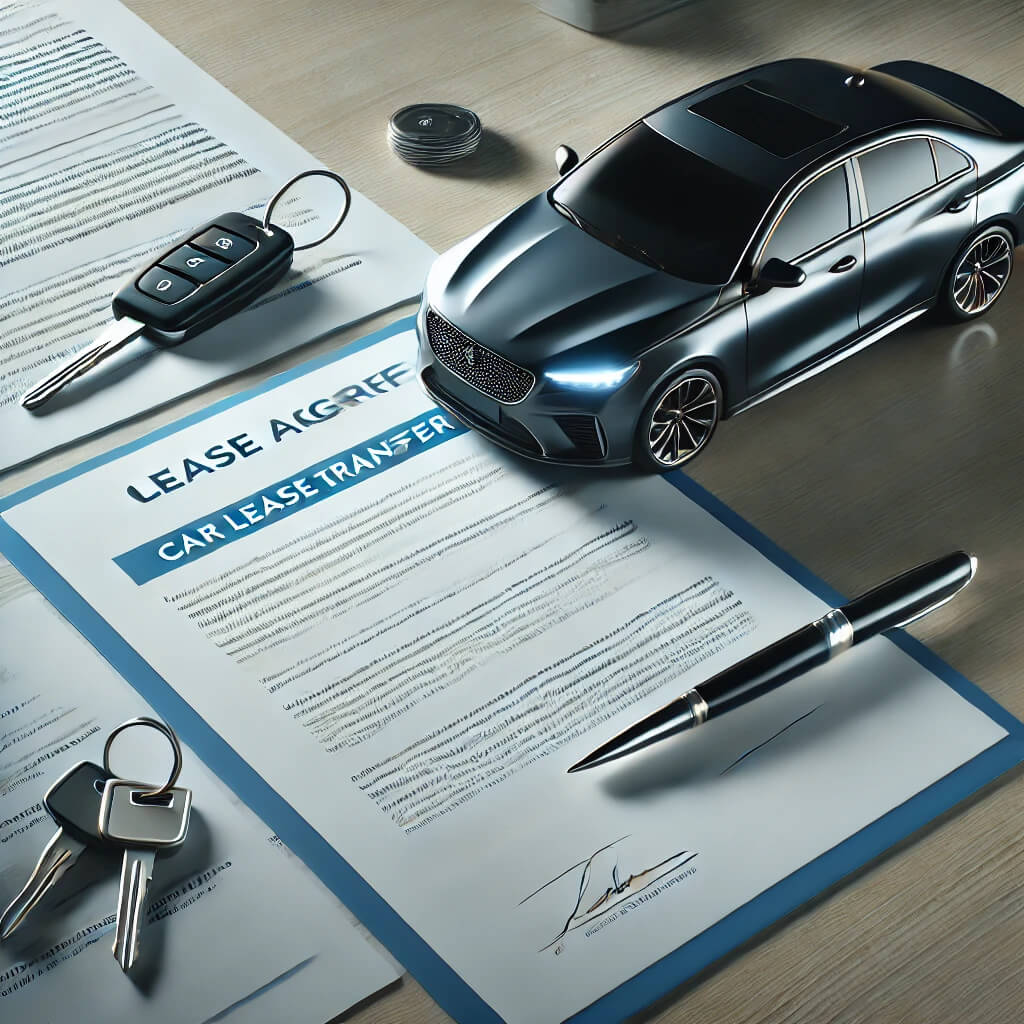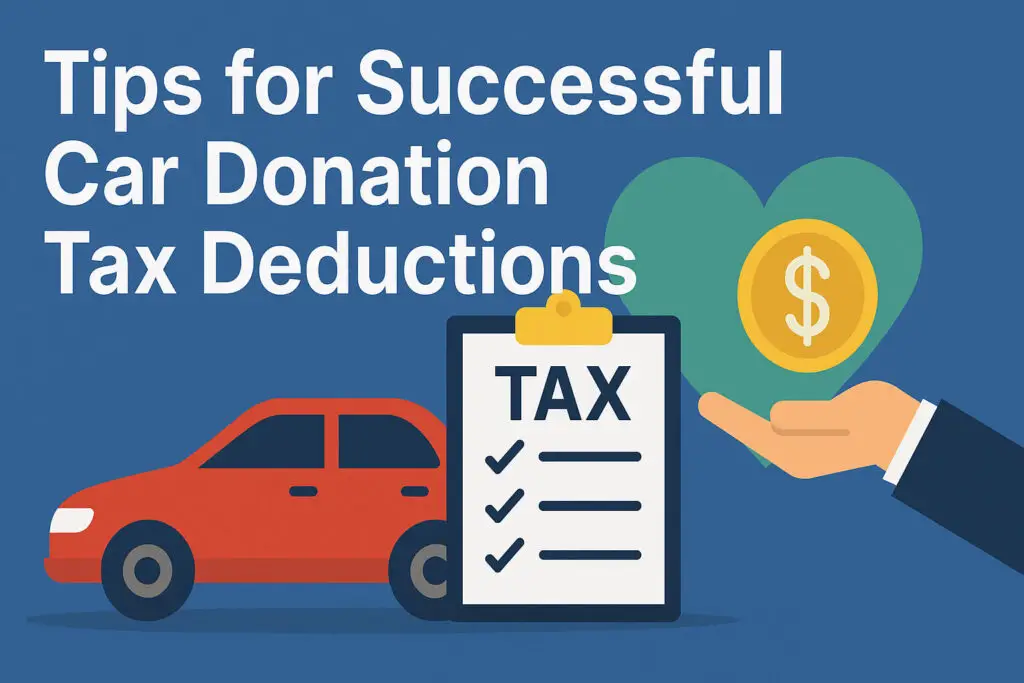This comprehensive Guide to Car Lease Transfers will clear all your possible queries. Car leasing has become a popular alternative to purchasing vehicles, as it allows people to drive a new car for a fixed period with lower monthly payments compared to traditional financing options. However, life changes, and there might come a time when you need to transfer your lease to another person.
This comprehensive guide will cover everything you need to know about car lease transfers, including their eligibility, process, costs, and common questions.
Understanding car lease transfers
Can a car lease be transferred?
Lease transfer eligibility and restrictions
In most cases, car leases can be transferred from one person to another. However, the transferability depends on the leasing company’s policies and the specific terms of your contract. Before initiating a lease transfer, it’s essential to review your lease agreement and contact the leasing company to confirm their transfer policies and any restrictions that may apply.
The Lease Transfer Process
Step-by-step guide to transferring a car lease
The lease transfer process typically involves the following steps:
- Confirm transfer eligibility with the leasing company.
- Find a potential lease transferee (buyer) through personal networks, online platforms, or lease transfer marketplaces.
- Complete a credit application for the transferee to be approved by the leasing company.
- Prepare and submit the necessary transfer paperwork, including lease transfer agreements and other required documents.
- Pay any associated fees or charges.
- Wait for the leasing company to process and approve the transfer.
- Arrange for the vehicle handover to the new lessee.
How To Find Weekly Car Rental Under $100
Costs and fees associated with lease transfers
– Breakdown of common fees and charges
Lease transfer costs vary depending on the leasing company and the specific lease agreement. Common fees and charges include:
– Transfer fees: Paid to the leasing company for processing the transfer, typically ranging from $100 to $600.
– State registration fees: Applicable for registering the vehicle under the new lessee’s name.
– Inspection fees: Some leasing companies may require an inspection of the vehicle before approving the transfer.
Comprehensive Guide to CarX Street
Popular car leasing companies and their transfer policies
– Comparing lease transfer policies and requirements
Different leasing companies have varying policies and requirements for lease transfers. Some of the popular car leasing companies and their general transfer policies include:
– Ally: Allows lease transfers, subject to a $595 transfer fee and credit approval.
– Ford Credit: Permits lease transfers, but the original lessee remains liable for any lease-end charges.
– Honda Financial Services: Lease transfers allowed, with a $500 transfer fee and subject to credit approval.
Please note that these policies are subject to change, and it’s essential to contact the specific leasing company for their most current guidelines.
Pros and cons of transferring a car lease
– Weighing the benefits and drawbacks
Pros:
– Flexibility: Lease transfers allow lessCostees to exit a lease early without hefty penalties.
– savings: Transferees can benefit from lower monthly payments and avoid initial down payments or fees.
– Shorter commitment: Lease transferees can assume a lease with a shorter remaining term, which may be more appealing than a full lease term.
Cons:
– Limited options: Not all leasing companies allow lease transfers, and some may impose restrictions or fees.
– Credit impact: Both the transferor and transferee’s credit scores can be affected by the lease transfer process.
– Liability: In some cases, the original lessee may still be held responsible for certain lease-end charges or fees.
Frequently asked questions
– How does a lease transfer affect your credit score?
A lease transfer can impact both the transferor and transferee’s credit scores. For the transferor, successfully transferring the lease can have a positive effect, as it reduces their debt obligations. For the transferee, taking on a new lease may slightly lower their credit score initially due to the new debt. However, making timely payments can help improve their credit score over time.
– Can you transfer a car lease to a family member?
Yes, you can transfer a car lease to a family member, provided they meet the leasing company’s credit requirements and the lease terms allow for transfers.
– How long does it take to transfer a car lease?
The lease transfer process can take anywhere from a few days to a few weeks, depending on the leasing company’s policies and the responsiveness of all parties involved.
– What happens at the end of a transferred car lease?
At the end of a transferred car lease, the new lessee is typically responsible for any lease-end obligations, such as returning the vehicle, paying for excess wear and tear, or addressing excess mileage charges. However, in some cases, the original lessee may still be held responsible for specific fees, as outlined in the lease agreement.
– Can I transfer my car lease to another state?
In most cases, you can transfer a car lease to another state. However, you may need to pay additional fees, such as state registration or inspection fees. It’s essential to consult your leasing company for their specific policies and requirements.
– Can you negotiate a lease transfer?
While the lease transfer process itself is typically non-negotiable, the transferor and transferee may negotiate incentives, such as cash incentives or covering transfer fees, to facilitate a smooth lease transfer.
– Are there any tax implications for transferring a car lease?
Tax implications for lease transfers may vary based on state laws and the terms of the lease agreement. It’s essential to consult a tax professional or your leasing company for guidance on any potential tax implications.
Tips for a successful lease transfer
– Best practices for buyers and sellers
To ensure a successful lease transfer, follow these best practices:
– Review your lease agreement and contact your leasing company for specific transfer policies and requirements.
– Utilize online platforms and lease transfer marketplaces to find potential buyers or sellers.
– Be transparent about the vehicle’s condition, mileage, and lease terms.
– Ensure both parties have a clear understanding of their responsibilities during and after the lease transfer process.
– Stay organized and promptly complete all necessary paperwork and payments.
Conclusion:
– Final thoughts on car lease transfers
Car lease transfers can be a viable option for individuals looking to exit a lease early or assume a lease with favorable terms. By understanding the lease transfer process, costs, and potential drawbacks, both buyers and sellers can make informed decisions that align with their financial and lifestyle needs. Be sure to consult your lease agreement and contact your leasing company for specific policies and requirements related to your lease transfer.










